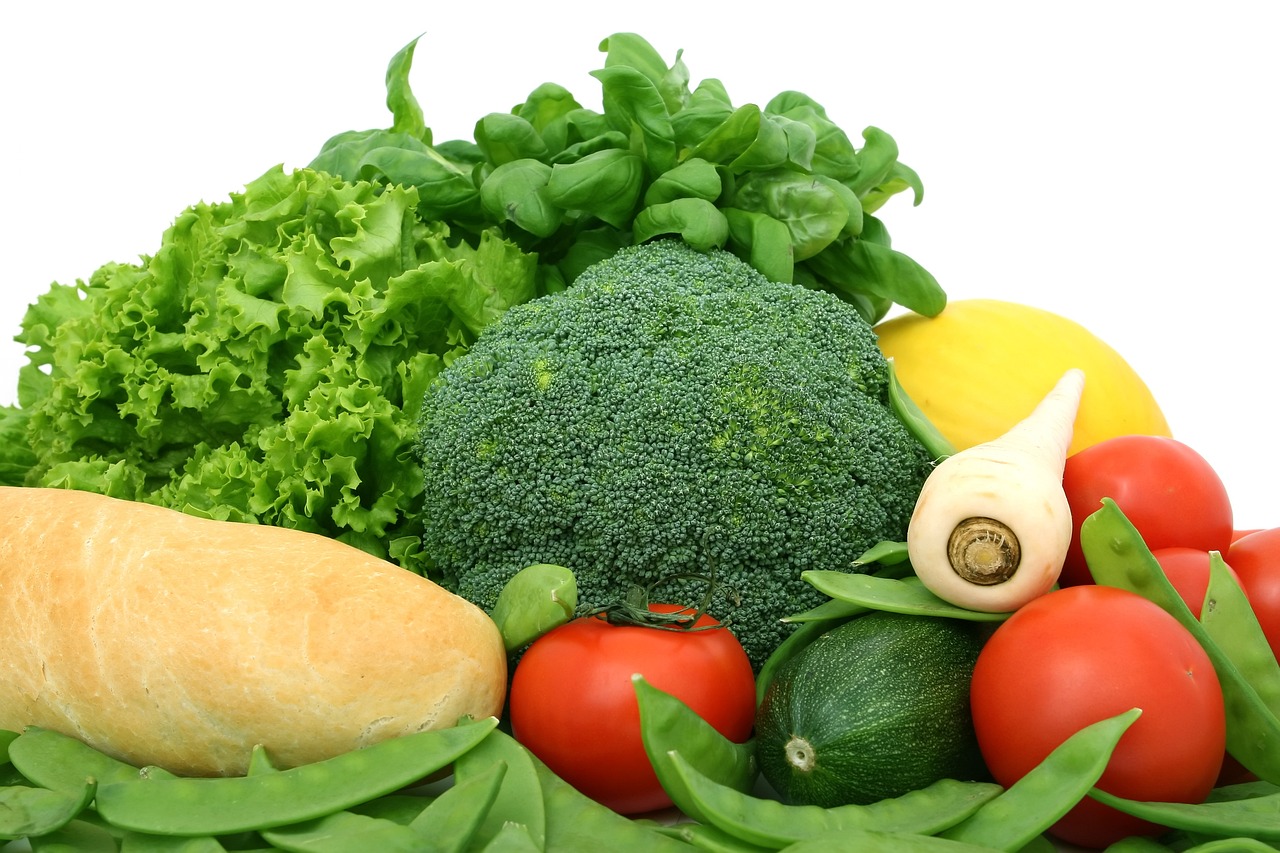“`html
In today’s health-conscious society, protein intake has become a hot topic among nutritionists, fitness enthusiasts, and general health seekers alike. Often touted as a crucial component of a balanced diet, protein isn’t just for those looking to build muscle; it’s vital for various bodily functions, including repair, growth, and immune support. With so much information available, understanding the importance of protein, how much you need, and the best sources can be overwhelming. In this guide, we will break down everything you need to know about protein intake to help you make informed dietary choices.
What is Protein and Why is it Important?
Protein is one of the three macronutrients essential for human health, alongside carbohydrates and fats. It is made up of amino acids, which are the building blocks of the body’s cells and tissues. Here’s why protein is so important:
1. Functions of Protein in the Body
- Muscle Repair and Growth: Protein is critical for repairing tissues and building muscle, especially after workouts.
- Immune System Support: Antibodies are proteins that help protect the body from pathogens.
- Hormonal Regulation: Many hormones are proteins that regulate various bodily functions.
- Enzymatic Activity: Proteins serve as enzymes that facilitate biochemical reactions in the body.
- Transport and Storage: Certain proteins transport nutrients and oxygen throughout the body.
How Much Protein Do You Need?
The recommended dietary allowance (RDA) for protein varies depending on age, sex, and level of physical activity. Here’s a basic guideline:
1. Protein Requirements Based on Activity Level
- Sedentary Adults: 0.8 grams of protein per kilogram of body weight.
- Active Adults: 1.2 to 2.0 grams of protein per kilogram of body weight, depending on the intensity of exercise.
- Aging Adults: Increased protein intake is recommended (1.0 to 1.2 grams/kg) to help preserve muscle mass.
2. Calculating Your Protein Needs
To estimate your daily protein needs, you can use the formula:
- Convert your weight from pounds to kilograms: weight in lbs / 2.2 = weight in kg
- Multiply your weight in kg by the protein requirement (e.g., 0.8g for sedentary or 1.2-2.0g for active).
Sources of Protein
Protein sources can be divided into two categories: animal-based and plant-based. Each has its own set of benefits.
1. Animal-Based Protein Sources
- Meat: Lean cuts of beef, poultry, and pork.
- Fish: Salmon, tuna, and mackerel are rich in protein and healthy fats.
- Dairy: Milk, yogurt, and cheese offer protein as well as calcium.
- Eggs: A complete protein source containing all essential amino acids.
2. Plant-Based Protein Sources
- Legumes: Beans, lentils, and chickpeas are rich in protein and fiber.
- Nuts and Seeds: Almonds, walnuts, chia seeds, and hemp seeds provide protein and healthy fats.
- Whole Grains: Quinoa and brown rice contain more protein than refined grains.
- Tofu and Tempeh: Excellent sources of protein for vegetarians and vegans.
Benefits of Adequate Protein Intake
Ensuring you meet your protein needs offers several benefits:
- Weight Management: Protein helps you feel fuller for longer, reducing overall calorie intake.
- Muscle Mass Maintenance: Essential for preserving lean muscle, particularly during weight loss.
- Enhanced Recovery: Aids in muscle repair post-exercise, improving performance.
- Improved Bone Health: May play a role in enhancing bone density and health.
Practical Tips for Increasing Protein Intake
Here are some actionable tips for boosting your daily protein intake:
- Incorporate Protein in Every Meal: Aim for a source of protein with each meal—eggs for breakfast, chicken in lunch salads, or legumes in dinner.
- Snack Smart: Opt for high-protein snacks like Greek yogurt, nuts, or protein bars to supplement your intake.
- Choose Whole Foods: Opt for whole, minimally processed foods whenever possible.
- Meal Prep: Prepare meals ahead of time with a protein focus to easily meet your intake goals.
Conclusion
Proper protein intake is integral to sustaining overall health and well-being. Understanding your personal protein needs, selecting the right sources, and knowing the benefits can empower you to make better dietary choices. Whether you follow a vegetarian, vegan, or omnivorous diet, incorporating more protein into your meals and snacks can unlock numerous health benefits. Remember, moderation is key, so balance your protein intake with other essential nutrients for a holistic approach to nutrition. Take charge of your health and fuel your body right!
“`



